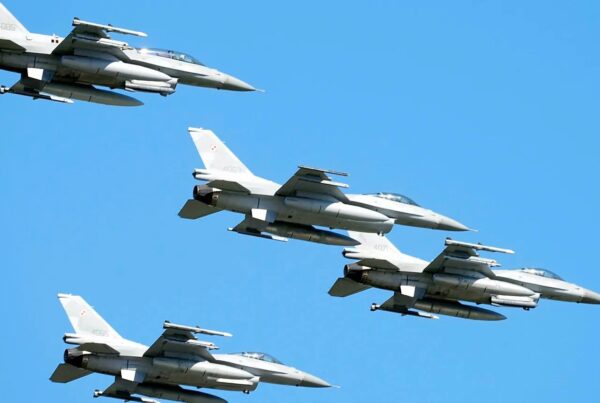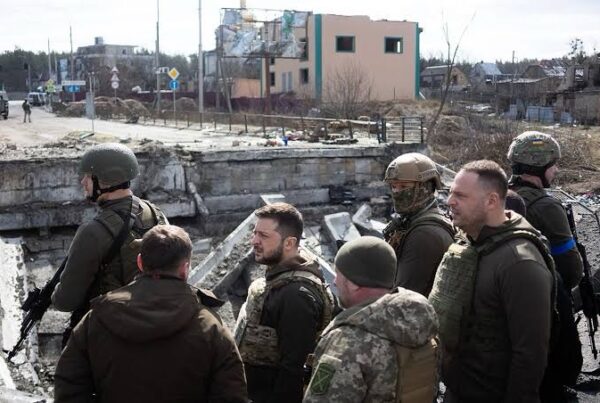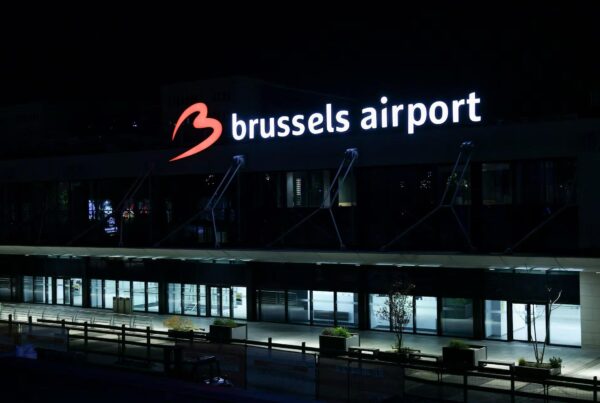Russian Tanker once again draws global attention after France blocked the Boracay, a tanker sailing under the Benin flag. The ship is accused of being part of Russia’s so-called “shadow fleet” and allegedly used to launch drones toward Denmark. The move by the French Navy immediately sparked fresh tensions across Europe.
Rising Tensions in Europe
Tensions between Russia and European nations have been escalating since the outbreak of the Ukraine war. Tankers linked to Russia’s shadow fleet are increasingly spotted in international waters. These ships are often associated with covert operations, ranging from energy smuggling to clandestine military activity.
In this latest case, the Boracay is suspected of being used to carry out drone attacks on Denmark. The allegations not only deepen Europe’s standoff with Russia but also raise serious concerns over the security of international maritime routes.
French Navy Investigation
The French Navy acted decisively by boarding the Boracay. The operation aimed to verify suspicions of the vessel’s involvement in Russian military activity. Initial reports suggest inspections focused on cargo, communication systems, and potential drone launch equipment.
Early Evidence and Suspected Involvement
French officials indicated there are strong signs that Boracay was not just a regular tanker. Alongside carrying fuel, the ship is believed to have been equipped with support gear capable of long-range drone launches. If proven true, Boracay would set a new precedent in the use of commercial vessels for covert military operations.
Denmark and EU Reactions
The Danish government expressed deep concern over the incident. Officials argued that using a tanker for drone strikes represents a serious violation of international law. The European Union is reportedly weighing additional sanctions against Russia should Boracay’s involvement be confirmed.
Broader Geopolitical Impact
The seizure of Boracay has ramifications far beyond France and Russia. It adds another layer of complexity to Europe’s already tense geopolitical environment.
Threats to Maritime Security
The militarization of tankers raises the stakes for global shipping routes. Pathways essential for trade could become flashpoints if this strategy continues. European nations now face the challenge of reinforcing maritime security across their waters.
France’s Political Signal
France’s decision to block the tanker is widely viewed as a direct political message to Moscow. Paris is signaling that it is prepared to take firm action against activities that threaten European stability. The move also underscores France’s role as a key NATO and EU power confronting Russian aggression.
Russia’s Shadow Fleet
The term “shadow fleet” refers to Russia’s network of ships used to evade sanctions and carry out covert operations. These vessels typically operate under third-party flags, use opaque ownership documents, and navigate unpredictable routes.
Shadow Fleet Tactics
The shadow fleet often shifts routes, changes identities, and exploits loopholes in maritime law. This makes them difficult for authorities to track. Boracay is now seen as a possible example of how Russia leverages this fleet for geopolitical gain.
International Law Challenges
This trend presents serious challenges for international maritime law. While treaties such as UNCLOS regulate freedom of navigation, they do not explicitly cover the use of commercial ships for military missions. The Boracay case highlights the urgent need for updated global regulations.
Russia’s Response
So far, Moscow has not issued an official statement on Boracay. However, in past incidents, Russia has typically accused Western nations of provocation and disinformation. If this pattern continues, the Kremlin may deny involvement and frame France’s action as a violation of maritime freedom.
Diplomatic Escalation Risks
The Boracay standoff could trigger another diplomatic escalation between Russia and Europe. Concrete evidence could pave the way for more sanctions, while weak proof might allow Russia to exploit the incident to discredit Western governments.
France now faces a critical dilemma. On one hand, it must assert its role in defending European security. On the other, the move risks a harsh response from Moscow. Regardless of the outcome, the Russian tanker Boracay will remain under international scrutiny. For further updates on this issue and Europe’s shifting geopolitics, readers can continue following related coverage on Olam News.




